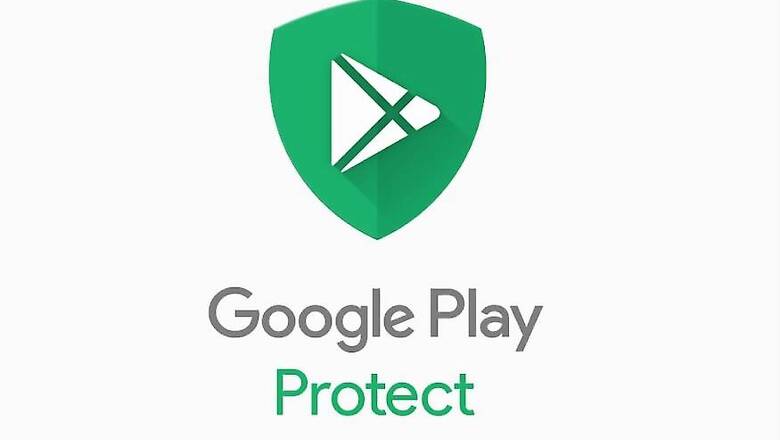
views
Google’s hard work with streamlining the permissions that apps on Android phones can demand, is paying off. There has been a huge decline in the number of apps that now ask for your call and SMS data before allowing you access to the app’s features. In fact, Google says there has been a 98 percent drop in the number of Play Store apps accessing call log and SMS data in 2019. Clearly, the October 2018 policy that outlawed unnecessary access to phone’s data, has worked.
“We saw a significant, 98% decrease in apps accessing SMS and Call Log data as developers partnered with us to update their apps and protect users. The remaining 2% are comprised of apps that require SMS and Call Log data to perform their core function,” says Andrew Ahn, Product Manager, Google Play + Android App Safety, in an official post detailing how the company dealt with bad and malicious apps in 2019. Google also points out that their much-improved vetting mechanisms managed to identify more than 790,000 policy-violating app submissions and stop them from ever being published on the Play Store.
The company also talks about the Google Play Protect feature, a built-in Android malware protection feature. The Google Play Protect scans over 100 billion apps every day and can raise a notification for users if it detects any possible security issues in any of the installed apps on the phone and suggest actions to keep their devices safe and secure. Google says the Play Protect suite also prevented more than 1.9 billion malware installs, which emerged from non-Google Play sources.
In May last year, Google also implemented a policy that mandated developers to clarify whether any app they published is meant for kids or not. This policy also included requirements for data collection for such apps, advertisements that must be children-friendly and an app that isn’t marked for kids shouldn’t unintentionally appeal to them.
Google says that this year, the company will invest heavily in three major safety areas—Strengthening app safety policies to protect user privacy, faster detection of bad actors and blocking repeat offenders as well as detecting and removing apps with harmful content and behaviors.




















Comments
0 comment